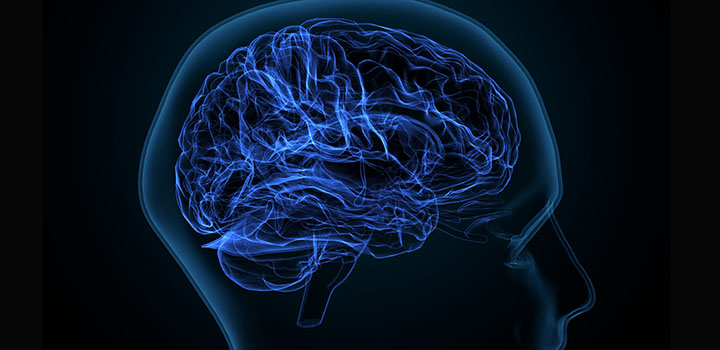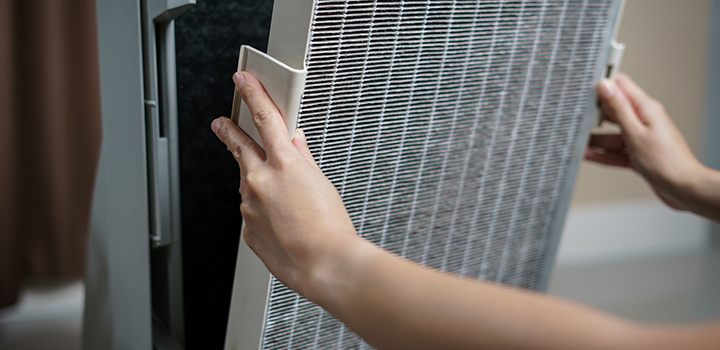University study to support families after Traumatic Brain Injury
By: Communications

UEA is one of four universities to receive £140,000 funding from The National Institute for Health and Care Research (NIHR), the research partner of the NHS, to conduct a study to determine whether storytelling (specifically, the ‘Life Thread’ approach) can support the wellbeing and adjustment of family members after Traumatic Brain Injury (TBI).
Clinical Associate Professor Dr Fergus Gracey (MED) will support Dr Charlie Whiffin, Associate Professor of Nursing, from the University of Derby. Dr Caroline Ellis-Hill (Bournemouth University), Dr Alyson Norman (University of Plymouth) will also support Dr Whiffin and, importantly, two family members of someone who has experienced TBI.
Traumatic brain injury is a sudden injury to the brain commonly caused by falls and collisions. Those who survive tend to experience a wide range of difficulty including physical, cognitive, behavioural, and emotional changes. The impact of TBI on the survivor’s family can be significant and there is a need for more research to help families understand how their lives have changed.
Dr Whiffin explains: “While there is growing recognition of the importance of family members in the recovery pathway for the injured person, there is not enough attention given to how brain injuries change the lives of the uninjured members. This study will consider if a story telling approach can be used to help family members make sense of their experiences and promote positive adjustment post-TBI.”
Storytelling techniques can improve wellbeing and promote growth and have been used as a support mechanism in brain injury populations but not their families. Therefore, a key outcome of this study will be to determine perceived benefits and help the researchers design a larger study to test whether these benefits can be measured.
Dr Whiffin said: “It was essential to the success of this project that we worked collaboratively with family members, leading academics and practitioners, and one of the reasons the application was so strong, and ultimately successful, was due to this team approach. By involving patients and the public, we could also be more confident that the proposal would benefit this group and have maximum impact.”
Dr Gracey said: We are really excited to be able to take this important work forward and to build on the collaboration with Dr Whiffin on this topic. There is a pressing need to find ways of supporting family members of someone with an acquired brain injury and we hope this work will help us advance the development of a practical idea that supports positive adaptation to the many challenges that families are faced with when a family member has a brain injury. This opportunity will also help enrich our work on the social aspects of acquired brain injury within the Department of Clinical Psychology.”
The study will begin in March 2023 and run for eighteen months.
Related Articles

Air cleaners don’t stop you getting sick, research shows
Air filtration systems do not reduce the risk of picking up viral infections, according to new research from the University of East Anglia.
Read more
Wearable technology orthopaedic research shortlisted for national award
A project to support patients with their hip and knee replacement recovery using wearable technology has been shortlisted for a national innovation award.
Read more
Six UEA professors named in Highly Cited Researchers 2023 list
Six UEA professors have been named in the annual Highly Cited Researchers list for 2023, which celebrates some of the most influential researchers in the world today.
Read more